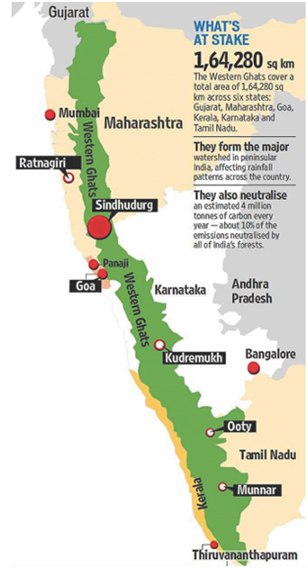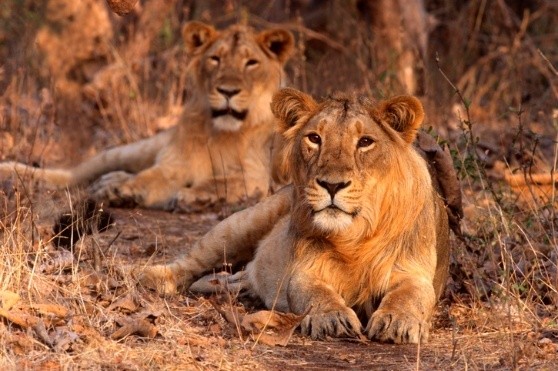- Courses
- GS Full Course 1 Year
- GS Full Course 2 Year
- GS Full Course 3 Year
- GS Full Course Till Selection
- Online Program
- GS Recorded Course
- NCERT (Recorded 500+ Hours)
- Polity Recorded Course
- Geography Recorded Course
- Economy Recorded Course
- AMAC Recorded Course
- Modern India, Post Independence & World History
- Environment Recoded Course
- Governance Recoded Course
- Science & Tech. Recoded Course
- International Relations and Internal Security Recorded Course
- Disaster Management Module Course
- Ethics Recoded Course
- Essay Recoded Course
- Current Affairs Recoded Course
- CSAT
- 5 LAYERED ARJUNA Mentorship
- Public Administration Optional
- ABOUT US
- OUR TOPPERS
- TEST SERIES
- FREE STUDY MATERIAL
- VIDEOS
- CONTACT US
Lakshmana Teertha River Dries Up Due to Shortage of Rainfall
Lakshmana Teertha River Dries Up Due to Shortage of Rainfall
22-04-2024
Lakshmana Tirtha River, a tributary of Kaveri River in Karnataka, has unfortunately completely dried up due to severe drought conditions and extreme heat.
About the Lakshmana Tirtha River:
-
Origin and Course:
- Originates in the Brahmagiri hills of Kodagu (Coorg) District, Karnataka.
- Flows eastward and joins the Kaveri River in the Krishna Raja Sagara Lake.
- Total length of 180 km.
-
Lakshmanatirtha Falls:
- Also known as the Irupu Falls.
- A popular freshwater waterfall located on the river on the Kerala border, on the way to Nagarhole National Park.
Key Facts about the Kaveri River:
- The Kaveri River is one of the major rivers of southern India.
-
Course:
- Rises at an elevation of 1,341 m at Talakaveri on the Brahmagiri range, near Cherangala village in Kodagu, Karnataka.
- Drains into the Bay of Bengal at Poompuhar, Mayiladuthurai district, Tamil Nadu.
-
Basin and Boundaries:
- The Cauvery Basin extends over Tamil Nadu, Karnataka, Kerala, and the Union Territory of Puducherry.
- Bordered by the Western Ghats on the west, Eastern Ghats on the east and south, and ridges separating it from the Krishna and Pennar basins on the north.
-
Tributaries:
- Left Bank: Harangi, Hemavati, Shimsha, Arkavati
- Right Bank: Lakshman tirtha, Kabbani, Suvarnavati, Bhavani, Noyil, Amaravati
FAQs:
Q1: Western Ghats Traverse Through Which States?
- The Western Ghats are a mountain range that runs parallel to India's western coast and traverses 6 states:
- Gujarat, Maharashtra, Goa, Karnataka, Tamil Nadu, and Kerala.
- The Western Ghats are 1,600 kilometers long and cover an area of about 140,000 square kilometers.
- The range begins near the Tapti River and ends at Marunthuvazh Malai in Kanyakumari District, near India's southern tip.
- The Western Ghats are a UNESCO World Heritage Site and one of the world's "hottest hotspots" of biological diversity.
- The Southern Western Ghats, which cover Kerala and Tamil Nadu, are home to a rich biodiversity of plants and animals.
- The region is home to around 30% of the world's Asian elephants and Bengal tigers.
- The Western Ghats and the Eastern Ghats meet at the Nilgiri Hills in Tamil Nadu.
Must Check: Best IAS Coaching In Delhi
PLFS 2025: Monthly Jobs Data, Bigger Survey
PLFS 2025: Monthly Jobs Data, Bigger Survey

